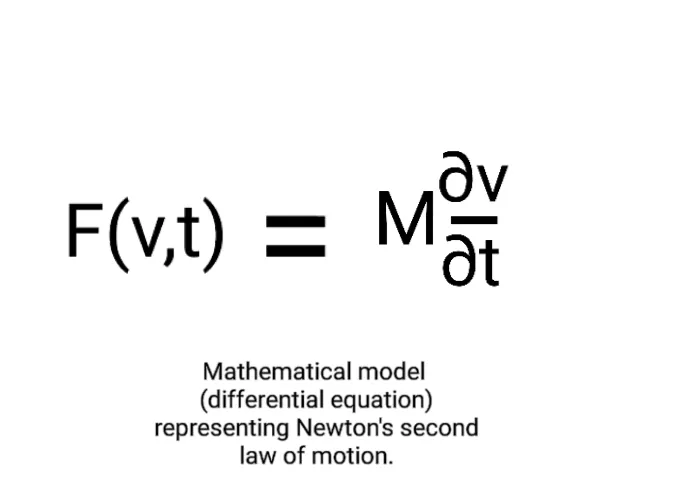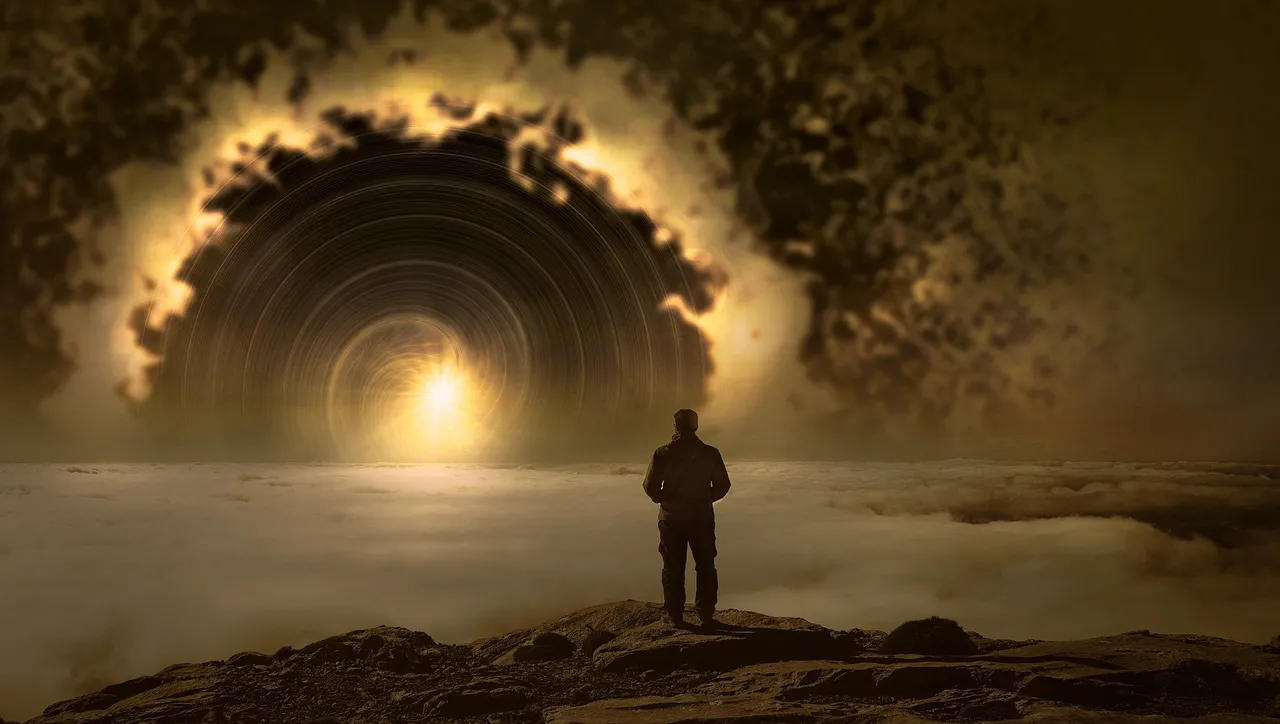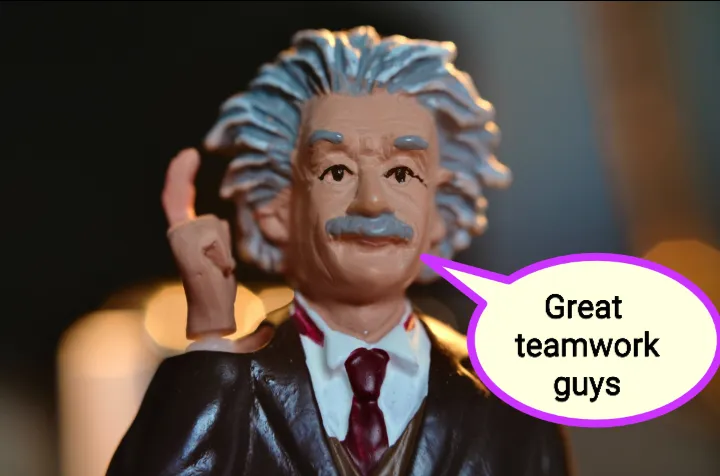Since the inception of quantum mechanics, there has been struggles especially amongst physicists and philosophers as to what it says about the nature of reality and in some cases, these struggles goes as far as questioning freewill - a concept majorly attributed to conscious entities like us. When freewill is summoned, then it's rival - determinism, is also summoned. Unlike freewill, determinism seems to have other variants and for the purpose of our discussions, we shall be treating only three of these variants namely causal determinism, predeterminism and superdeterminism. The last one (superdeterminism) seems to be very unpopular and it was developed in attempts to make sense of quantum mechanics.
There are many interpretations of quantum mechanics of which falls into groups, some fall under the class of "spooky action at a distance", some fall under the class of "hidden variables" and some others fall under both (spooky action at a distance and hidden variables). Superdeterminism seems to be under only hidden variables but one reason it's not as popular as other interpretations is that it's often mistaken for predeterminism and this confusion may have began with the statements of John Stewart Bell in attempts to disprove Einstein (Einstein was in support of hidden variable theories).
There is a way to escape the inference of superluminal speeds and spooky action at a distance. But it involves absolute determinism in the universe, the complete absence of free will. Suppose the world is super-deterministic, with not just inanimate nature running on behind-the-scenes clockwork, but with our behavior, including our belief that we are free to choose to do one experiment rather than another, absolutely predetermined, including the "decision" by the experimenter to carry out one set of measurements rather than another, the difficulty disappears. There is no need for a faster than light signal to tell particle A what measurement has been carried out on particle B, because the universe, including particle A, already "knows" what that measurement, and its outcome, will be. - J. S. Bell
Note that spooky action at a distance from another perspective seems to suggest faster than light (superluminal) propagation of information.
Before we proceed to discussing about superdeterminism and how it isn't as Bell described it to be, let's first discuss about causal determinism and predeterminism.
Causal determinism
This kind of determinism can be considered the basis of other kinds of determinism, it's main ingredient being causality, that is, every event/effect has a cause but what makes the effect/event predictive/deterministic are the underlying principles (laws of nature) and boundary conditions. Most physical systems in our universe are deterministic in nature and can be modeled mathematically with differential equations.

These differential equations houses both the laws of nature and causality but for the differential equations to be very predictive, they require boundary conditions, most especially "initial conditions". These initial conditions can be fixed (constants) or variables but in most cases they are fixed (constants). Below is a simple deterministic scenario that illustrates these aforementioned properties without regards to differential equations - for those of us not mathematically inclined.
Consider a situation where you happened to look through the window in your house and observed a stranger in your neighbor's house and he breaks into a safe (containing money), your prediction would be that the stranger would take the money (which the stranger eventually did). Let's now analyze.
Before your prediction, you have considered the stranger to be a criminal which is based on a societal law, that is, the society has made it that when you observe a stranger in your house or another person's house, the stranger is most likely a criminal. For initial condition(s), it could be when the stranger broke into the safe. The idea there is that the first action taken by the stranger that made you to realize with certainty what he/she would do is the initial condition. In our scenario, the initial condition (breaking into the safe) gives you the kind of criminal you are observing or the type of criminalistic model, which in our scenario is stealing or the criminal is a thief. In the case of causality, it is observed throughout the stranger's actions, that is, he first broke into your neighbor's house "which led him" towards the direction of the safe, "which also led him" to breaking into the safe and lastly "led him" to taking the money. As time progresses, each action of the stranger (the cause) produces a new action (the effect) that is based on the stealing instinct/model/law.
Predeterminism
This kind of determinism is an extended version of causal determinism in that the initial conditions can be traced down to the beginning of existence. If the scenario treated previously is extended to predeterminism, then either the stranger's actions had been predestined at the beginning of his existence by his genetic make up or from the beginning of the universe, if it were to be the later (beginning of the universe), then his existence also had been decided from the beginning of the universe. Initial conditions of a deterministic event that is traced back to the beginning of the universe usually require the complete/total absence of freewill and if human beings actions are included, then the existence of everything in the universe including human beings and their actions had been decided from the beginning of the universe, no one has the power to alter his/her future.
In some cases, especially if the initial conditions are traced to the beginning of universe, an "omniscient God" - God that knows everything, can be invoked as first cause and one then begins to discuss about "theological determinism" of which mainstream science doesn't support.
Generally speaking, an object undergoing a deterministic event regardless of initial conditions can be considered to also have no freewill but in some obvious cases like in the scenario treated earlier, even we that think we have freewill also seem to perform deterministic events. Well, from a compatibilist perspective, every event in our universe, including the ones performed by humans can be considered deterministic and having freewill is simply having the power to decide which deterministic event you want to undergo at any moment, this implies also having the power to decide your initial conditions (during your existence).
We shall however round up this article at this point and continue next time, probably in the next article of which superdeterminism would be discussed. So take your time to read this article and understand it as the next article maybe a bumpy ride. Lastly, the scenario presented here is simply for illustration, don't make the mistake of quickly labeling the stranger in your neighbor's house a criminal, the stranger maybe your neighbor's relative. Don't say i didn't warn you 😉.
For further reading
Thank you all once again for stopping by to read my jargons and also thank you @juecoree, @lemouth and the @Steemstem team for your valuable supports.
Lastly, please don't forget to do the needful
Upvote
Comment
Reblog
If you enjoyed my jargons.




